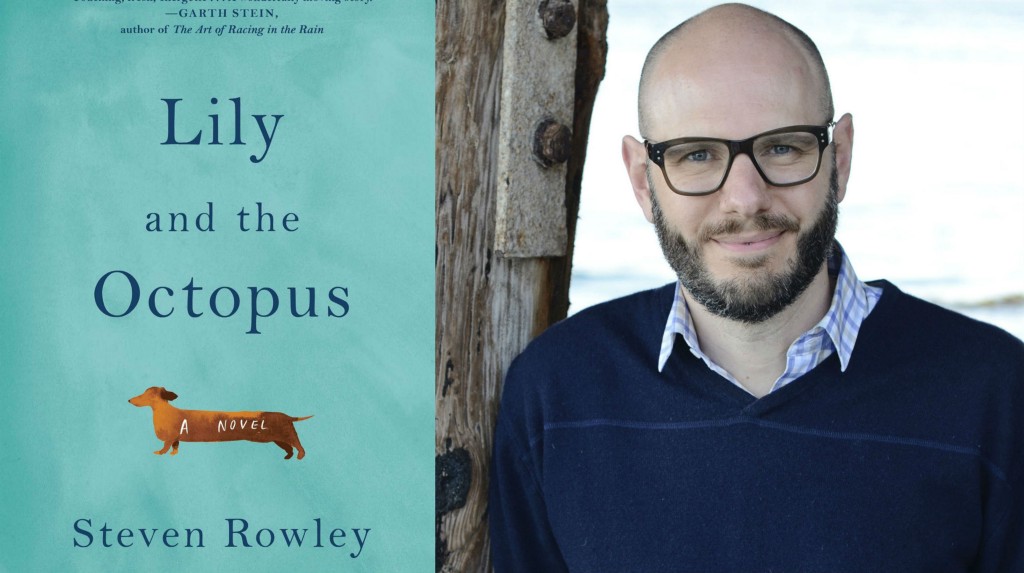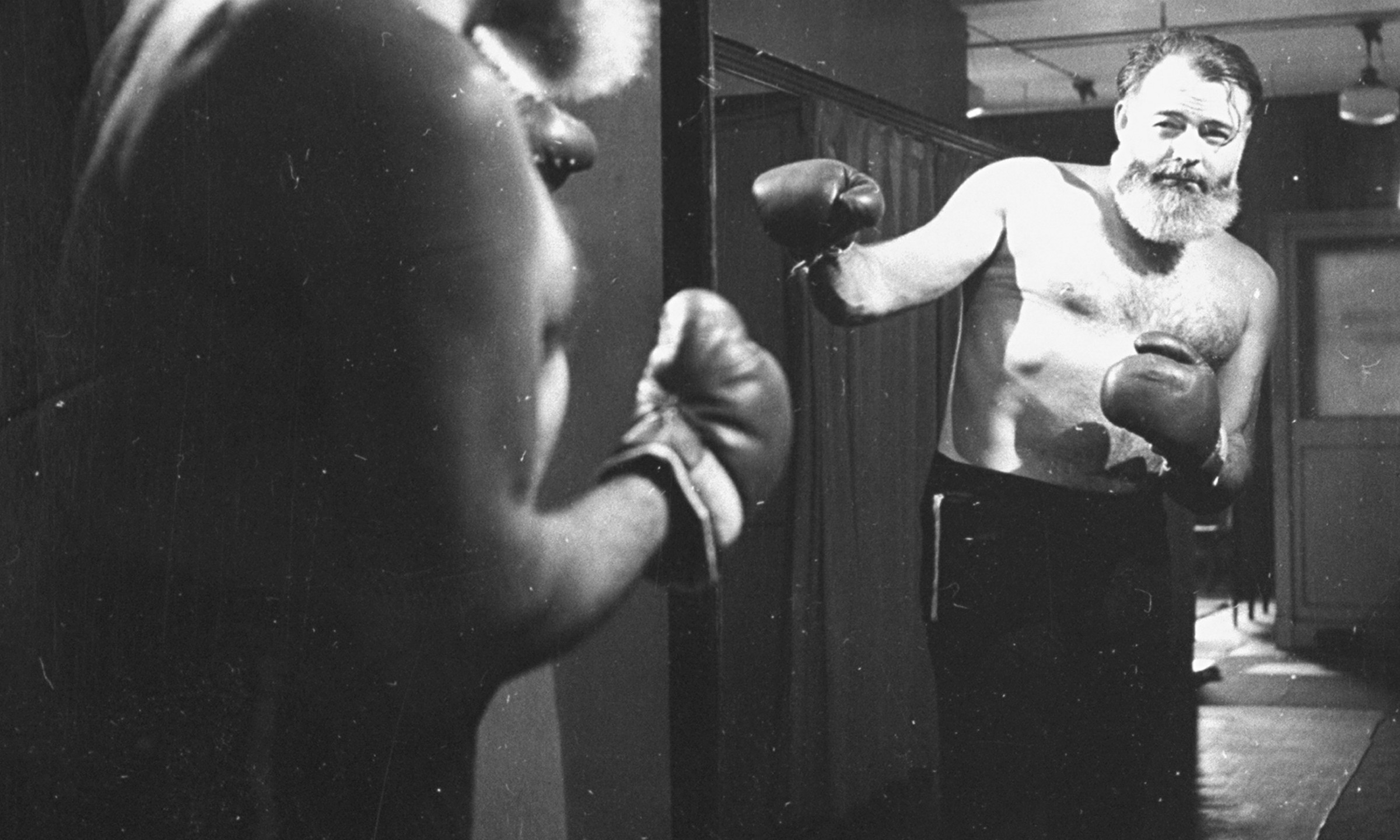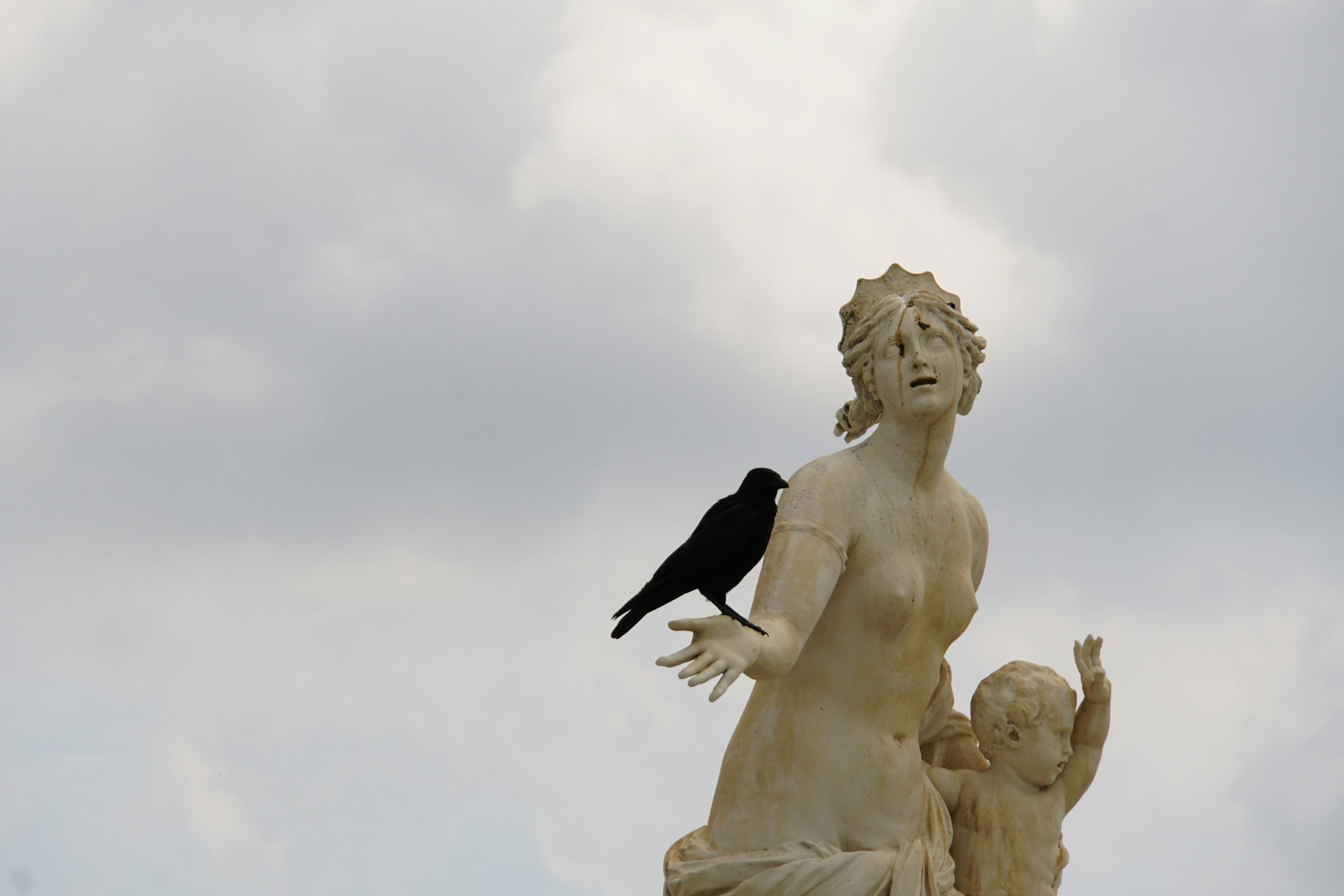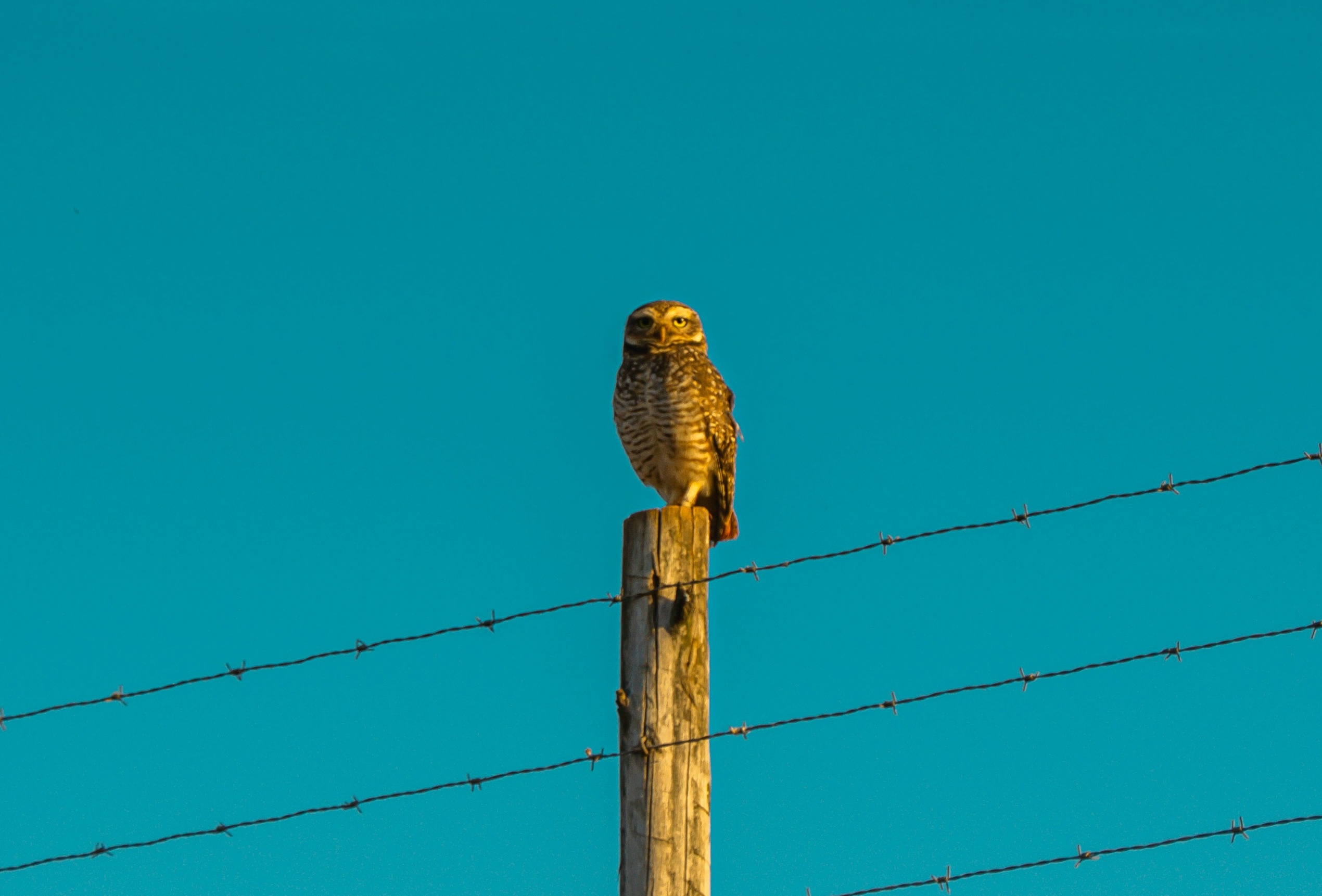Craft
Just Run with the Craziness: A Conversation with Steven Rowley, author of Lily and the Octopus

by Manuel Betancourt

Steven Rowley’s charming debut novel, Lily and the Octopus (Simon & Schuster, 2016), has a rather incongruous central image. Lily, Ted’s aging dachshund, he’s recently discovered, has an octopus on her head. What might this interloping cephalopod be doing on Lily’s head? “‘I don’t want to talk about it,’ she says, tucking her head to gnaw at an itch on her stomach.” Ted can sense, though, that the octopus is hungry and that he’s about to take his most devoted companion away from him. It’s a setup, Rowley will readily admit, that’s hard to pitch (he never did understand why literary agents didn’t immediately want to read his manuscript, which he’d half-jokingly referred to as a cross between Joan Didion’s The Year of Magical Thinking and Melville’s Moby Dick). At its heart, Lily and the Octopus is an all too rare portrait of grief over the loss of man’s best friend. That it’s also a riotous take on growing older as a gay man in Los Angeles as well as a thrilling adventure tale at sea, is a testament to Rowley’s imagination. Lest you think the fanciful conceit is treated with cloying preciousness, know that the first page features an all too serious conversation about which Ryan Ted and Lily fancy the most (he’s a Gosling man, whereas she’s a Reynolds gal).
Wanting to talk to the mind behind this touching story, I contacted Rowley, a Los Angeles based screenwriter-turned-novelist, and ended up arranging a bicoastal Skype meeting where we touched on Lily’s autobiographical origins, discussed almost going the self-publishing route, and dished on the novel’s unmissable gay sensibility.
Manuel Betancourt: So maybe we can start with the obvious autobiographical aspects of the novel. You had a dog named Lily that passed away and that serves as the inspiration behind the book.
Steven Rowley: Well, the official party line is, “any resemblance to people living or dead is purely coincidental.” But I don’t think there’s denying that there’s a lot of me in the narrator because there is. In fact, the last thing I added to the book was something my editor sort of insisted on: giving the narrator a name. He didn’t have a name. And I sort of liked him being sort of mysteriously between me and not-me. But they were like, “It’s very hard to write marketing copy when you’re writing, ‘A forty-something uh… man’ — it’s a little less interesting for someone to pick up.”
I did have a dog named Lily. She passed away from a brain tumor in 2013. I was really shocked and not prepared for how I was sidelined by the grief that I was feeling. I grew up with dogs, maybe six different dogs growing up. But this was a different relationship entirely. Sometimes, people who have dogs — or other animals; we don’t have to be so divided in this world between cats and dogs! — sometimes there’s one dog that leaves a special imprint on your soul and that was Lily for me. So, not really knowing what to do, I did sit down one day after about six months of feeling in a funk. I was not writing at all, I had been mostly screenwriting before this, and I did pretty much sat down and just wrote a few thoughts and some memories I had about our relationship together. And they formed a short story. I showed it to someone that I had just started dating. And he said, “This is exactly what you should be working on!” And added, “Don’t talk to me again until you write chapter two!”
It was a lot of fun to take off my screenwriter’s hat and just run with the craziness.
And I was just thinking, “Chapter two? But, it’s kind of done! If I write a chapter two, there’ll be a chapter three and a chapter four, five, six… where does it end?” But, you know, I was still trying to impress him so I wrote chapter two and it snowballed from there. I don’t even know why I wrote a short story or a novel, as opposed to trying to write a screenplay or something. But I did. It was a lot of fun to take off my screenwriter’s hat and just run with the craziness. It was very freeing. I was sort of stuck in screenwriting and really uninspired after a while. And this was really… Not only did it help me heal but it actually inspired my writing.
MB: You say the first chapter began as this short story, and in a way it does feel like an iron-tight conceit that gets stretched and teased out until, of course, it basically snaps us back into reality. There’s this crescendo as the fantasy aspects sort of take over the narrative. I was curious about the kinds of conversations you had with yourself about how much you could push that before reeling us back in.
SR: The challenge for me was letting go of the autobiographical constraints and really letting it be a novel. Letting it be a whole story of itself. I think I knew right from the beginning, if I’m gonna write more, it’s an octopus so the book is written in eight parts. That helped give it a little structure. And I gave each part an octopus theme [“Camouflage,” “Suction”] and it’s when I got halfway through the book — the fourth section is called “Ink” that’s about the tattoo and the Rorschach test and all that, the blinding her — that I gave myself the freedom to just… you know, it’s ink. The idea of ink gave me the permission to just write where the story wanted to go. And to let go. It’s the part where it verges past the realism and where the magical realism becomes more magical. And that was really freeing. Where I got to the point where I could write whatever the story wanted to be. My goal was always was for it to be some core emotional truths. It had to stay parallel to how I actually felt, even if the actions were not quite the same.
MB: In talking about that blurring of the fantasy and the realism, how does one come up with a voice for a dog? Lily has a specific way of talking and I wondered how hard that was to arrive at and sustain throughout the book.
SR: Well, she speaks in two ways in the books. One is that sort of punctuated way [“LOOK! AT! THIS! IT! IS! THE! MOST! AMAZING! THING! I’VE! EVER! SEEN!”]. And that was me trying to assign an English translation to her actual barking. Those are her actual contributions. And all of those words in lowercase quotation marks [“Tell me again about my mother.”], that’s the imagined conversation. That could take sort of any tone and it more matches Ted’s way of speaking, because of course he’s carrying both sides of the conversation in his head. I did try to walk a line between, what would she actually be saying and what kind of personality do we assign to our pets?
MB: I particularly enjoyed their pop culture conversations, especially their running joke on mimicking that one line from Elizabeth: The Golden Age — “I, too, can command the wind, sir! I have a hurricane in me that will strip Spain bare is you dare to try me!” — that line is so ingrained in my head and I haven’t even seen the film!
SR: I’ve never seen the movie either! But it left an impression. And the truth of the matter is I used to make myself laugh when I saw that with Lily because I had — me personally, this nutty-dog person — I would have a very high-pitched character voice that I would do for Lily that I would use when I was having conversations out loud. A sort of party trick. But then I would actually do it by myself. It just sort of became a thing. But bellowing as Elizabeth I in this high-pitched, squeaky, made-up dachshund voice was just something that amused me to no end.
What’s interesting is that to make the relationship with the dog as powerful as I wanted it to be, I stripped off all of the people out of the story. So Ted has one friend, he has one sibling, he has one parent, he has one therapist. In real life I come from a very big family, and I have many many friends, and an army of therapists. [laughs] I actually don’t have any therapists. So in terms of adding conversations to Lily, the character in the book has really isolated himself a little bit. That’s why there’s a lot of imagined conversations. Because he’s lonely.
MB: In talking of this larger world that gets pushed to the background, I’m going to read you one of my favorite lines and use it as a way of talking about this funny if bleak look at the dating situation in the West Coast: “Los Angeles is a Neverland of Lost Boys who preen and crow far too often and demonstrate substance far too seldom.”
SR: [laughs] You know, I’ve made my peace with Los Angeles. And there’s really wonderful people here — largely because most everyone is a transplant of some sort. I’m an East Coaster and a lot of my friends are East Coasters here. So you can find substance, but there is something very odd about LA. And it comes from the weather, a little bit. That I was surprised when I moved here. I had probably lived here for five years before it occurred to me, “Oh, winter never came!” I didn’t realize I was five years older. I thought it was this really long summer and life had slowed down. It’s sort of tied into that, I think: people don’t realize that time passes in quite the same way. It lends to people not really understanding that time is passing, that they are aging. And there’s this desire to keep up sameness, always. It can get frustrating at times.
MB: In talking about this idea of aging: that struck me as being at the heart of the novel. We meet Ted when he’s sort of realized that this decade has passed him by. I wanted to ask if you learnt anything in terms of coming to terms with that or whether that was something that you were bringing into the novel yourself.
It is a particularly brave thing that dog owners (or pet owners in general) do. We sort of sign up for a lifetime.
SR: That’s a good question. I’m trying to think about how to answer that. You know, I got Lily on my 30th birthday, just as it was in the book. And it was really weird… I think this is sort of why the impact of having this dog was so strong. I’d never gotten a dog when it was a puppy before. So to be responsible for something from the beginning of its life through the very end, and watching a whole lifetime take place, is not something that I had ever done before. It did make me realize how much I had grown up over the same amount of time. It is a particularly brave thing that dog owners (or pet owners in general) do. We sort of sign up for a lifetime. And of course, animal lifespans are not as long as ours, and we know we’re going to lose them and we sign up for this anyway. And we do grieve and hopefully move on — I’m watching another dog over just off-camera licking herself! — and then we sign up for it again. We get to the back of the line and say, “Let’s do it all over again.” I think what I learned was that I wasn’t as fragile, maybe, as I thought I was. I learnt about a certain toughness. And some of it comes from knowing that it’s okay to be emotionally vulnerable, too.
MB: I also know that you said you almost self-published the book. Can we talk a bit about the road to getting Lily and the Octopus published?
SR: I don’t even know when I started writing. And I think that maybe that’s a lesson right there. I was writing because I was in a bad place and I was doing what writers do sometimes which is just sit down and try to write your way out of it. Or write some sense to it. Even when I was thinking, “Okay, this is going to be a novel,” I still wasn’t writing it for anybody. I had no vision of it being out there. I was just writing it because it felt like it needed to be written. And when I finished it, I was proud of it as a piece of writing but I had no vision that it would connect with people the way that it does seem to be connecting with early readers. And that’s deeply humbling. But since I’d written a book I was like, well I don’t want to put it on the shelf, so I reached out to a number of literary agents. But it’s a weird book to pitch. I will say that reaching out to all these agents I was met with resounding… crickets. In their defense I don’t think I was really good, at the time, of saying what the book was really about. Because if you say, “Hey, do you want to read a book about a dog with an octopus on its head?” Well…
I was joking with a friend at the time: here in Hollywood everything is all “This meets this,” or “This meets that,” and I was like, “Well it’s sort of like a cross between Joan Didion’s The Year of Magical Thinking… and Moby Dick” — don’t ever describe your book that way! [laughs] So when no one would write back to me I was like, “Are you sure you don’t want to read my book? It’s like a cross between Didion and Melville!” So pretty quickly after that I said, you know, I’m proud of this writing. I want it out there. If only for a sense of self-pride and satisfaction.
So I decided to self-publish it. My boyfriend was like, “I totally support you doing this but let me give you this piece of advice: I would say, pay to have a freelance editor take a look at it. Hire somebody.” So I did that. I found someone in New York and she did a great job. I paid her and I never expected to hear from her again. There’s no reason I would have — our business transaction was done. And so I hired a typesetter. I got an ISBN number. I was researching printers, and how to convert it into an e-file. I was all ready to put it up on Amazon when I got a call from that freelance editor and she said, “I haven’t been able to stop thinking about your book! Do you mind if I send it to an editor friend that I have at Simon & Schuster?” I thought that no harm can come of that. “But whatever she might have on her desk,” she told me, “it’s not out of bounds for it to take her a month or two to get to you.” And in the back of my head I kept thinking, “Well in a month or two this is gonna be for sale on Amazon… but okay, we’ll see what happens.” So that was on a Friday and because of the time difference, I woke up Monday morning to my phone ringing and it was Simon & Schuster and it pretty much happened that quickly. Within a week we closed the deal. I didn’t even have a publishing agent so I had to get an agent. (Pro tip for aspiring writers out there: it’s very easy to get an agent if you have an offer for publication!)
MB: It almost sounds like a Cinderella-type story. That sort of fairy tale version of getting published that we keep being told never happens.
…I’m so grateful that the most personal thing that I’ve ever written is the one that is breaking through and connecting.
SR: Well, you know, I think everyone knows that this is not how it happens. There is a sort of a Cinderella story, except, well… I blanche at that a little bit — everyone who sees an “overnight success” doesn’t really see the work that went behind getting you to that point where you’re an overnight success. But there’s no denying that there’s a charmed story behind this book. I’m excited and I’m so grateful that the most personal thing that I’ve ever written is the one that is breaking through and connecting. That’s very gratifying.
Simon & Schuster is doing right by me and this book. It’s their lead summer title and there’s a huge first-printing. I don’t think it’s even sunk in what’s coming down the pipeline. Hopefully it doesn’t land with a thud.
The people on Goodreads — I have to admit that I’ve been reading their little reviews and stuff like that — it’s hard not to obsess. But there was one woman who wrote that everyone needs to know that this book is about an “f-bomb dropping gay!”: One star. I was just like, “Okay, Shirley or whatever-her-name-was from Nevada.” But the man and his dog literary trope is a very heterosexual one, which is weird because of the extra importance that gay people have in their relationship with their pets, in terms of becoming surrogate children, sometimes. And well, you know, it’s gay on the first page! You gotta be along for the ride.
MB: It is sort of refreshingly and aggressively gay on the first page — you start off talking about male celebs you like, and then, of course, the Blanchett lines. But you have to wonder if Shirley from Nevada…
I wanted to be unapologetically me right from the beginning.
SR: She probably never saw Elizabeth: The Golden Age! Cate Blanchett never made it to Pahrump, Nevada, where I imagine Shirley living. You know that was the thing. I wanted to be unapologetically me right from the beginning. When I had a conversation with Simon & Schuster, they asked, “Do you have any dealbreakers?” And I said, “Well, it needs to be an octopus! If you say, make it a hippopotamus or a giraffe, that’s not gonna work. It can’t be that.” And I told them that I didn’t want to de-gay the book, which I was a little bit afraid of. Because when they were talking about doing this in a major way, I was thinking that I didn’t know whether there was a big beach read from a big corporate publisher that has a gay male lead. Usually that would be relegated to a smaller imprint or a University Press, or something like that. I told them, I can’t de-gay the book. And they were fantastic about that. In fact, my editor almost teared up, she told me that she couldn’t believe that that could even enter my mind that they would do that. So we’ll see what happens.









